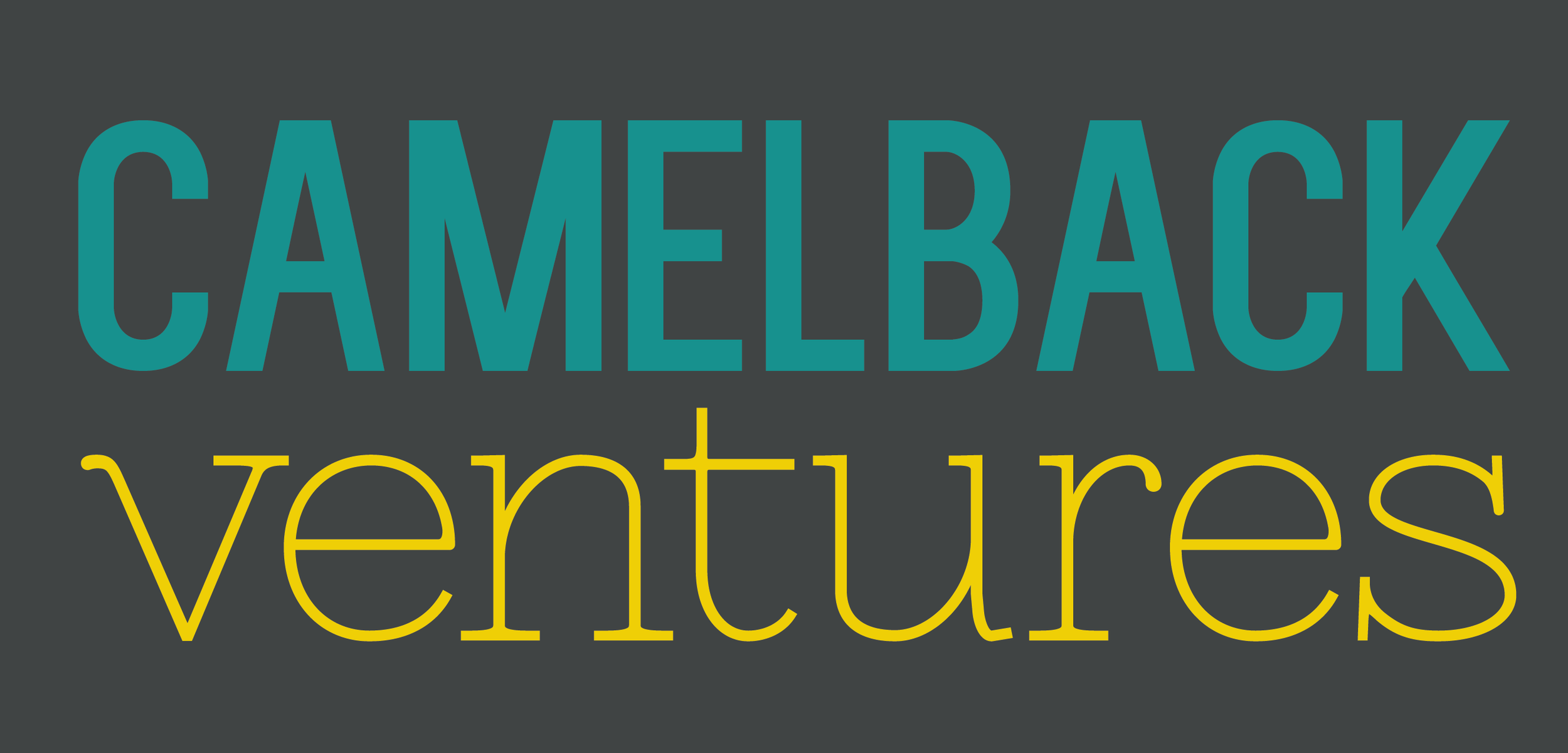What Am I Defending? The Lack of Racial Equity In Philanthropy.
By: Esther Goldberg-Davis, 2021 Camelback Capital Collaborator
I grew up in a communally-engaged family, participated in social action projects throughout my school years, and have been in the nonprofit world for my entire professional career. Even with this community-centered background, the communities I knew and served looked a lot like me – white. It was only in the past five to six years (well after I turned 40!), that I began exploring race, my role in upholding white dominant norms, and how I walk in the world because of my socialization and privilege.
Camelback Ventures’ Capital Collaborative has been the most recent layer in my learnings about racial equity and addressing injustices specific to the world of philanthropy. The past six months enrolled in the Collaborative have been full of reflection, challenges to my thinking, and stretching to envision new ways of structuring systems of grantmaking. I’ll highlight three concepts that continue to rise to the surface for me:
Lead with curiosity. Curiosity opens the door to conversations with folks at different points on their own racial equity journeys. Curiosity allows for interrogation of my own physical reactions and feelings. Curiosity makes receiving feedback – especially difficult feedback – easier. Curiosity builds relationships that move from transactional to trusting. An example of how this shows up in philanthropy is the frequent unspoken dynamic that requires grant seekers to codeswitch for primarily white funders. How can philanthropy eliminate the need to codeswitch, thereby making space for open, liberated conversations based on curiosity and a desire to learn together?
What am I defending? Our Capital Collaborative cohort spent a lot of time with Tema Okun’s writing about white supremacy culture and the ladder of empowerment for white people. Defensiveness is a common characteristic of white supremacy culture. While exploring historic structures of philanthropy, conventional grant processes, feedback on my own role and systems change thinking, I returned frequently to the idea that maintaining the status quo means protecting those in power. Change is needed to shift power and mitigate future harm to communities of color in particular. Slowing down and letting go of defensiveness for the sake of change is at the heart of this racial equity work.
This work is messy! Wouldn’t we all love a clear-cut, linear path from where we are to where we want to go? I was reminded that my reactions, behaviors, and growth move in a spiraling pattern. As long as I keep evolving my thinking and actions toward greater anti-racism, then movement is in the right direction. Some concrete tools to support this movement are: create measurable goals to diversify a funding portfolio, employ an iterative human-centered design process that relies on broader feedback and testing ideas, and find a white accountability partner for exploring challenges and missteps.
Participating in Capital Collaborative has been an enriching, exciting (sometimes difficult!) opportunity to interrogate my thinking and actions on both personal and professional levels. I’m learning to get comfortable with discomfort. I aspire to be a disrupter for justice. Maya Angelou’s wisdom sums up this messy, necessary journey: “Do the best you can until you know better. Then when you know better, do better.”
Camelback Ventures’ Capital Collaborative works with white funders and social impact investors who want to deepen their individual and organizational commitment to racial and gender equity — but may not know how. Our unique approach brings together a community of white accomplices to engage in an introspective and concrete curriculum, to diversify their networks and make their grantmaking processes more equitable. You can learn more and complete an interest form for Camelback Ventures’ next 2022 Capital Collaborative here.


